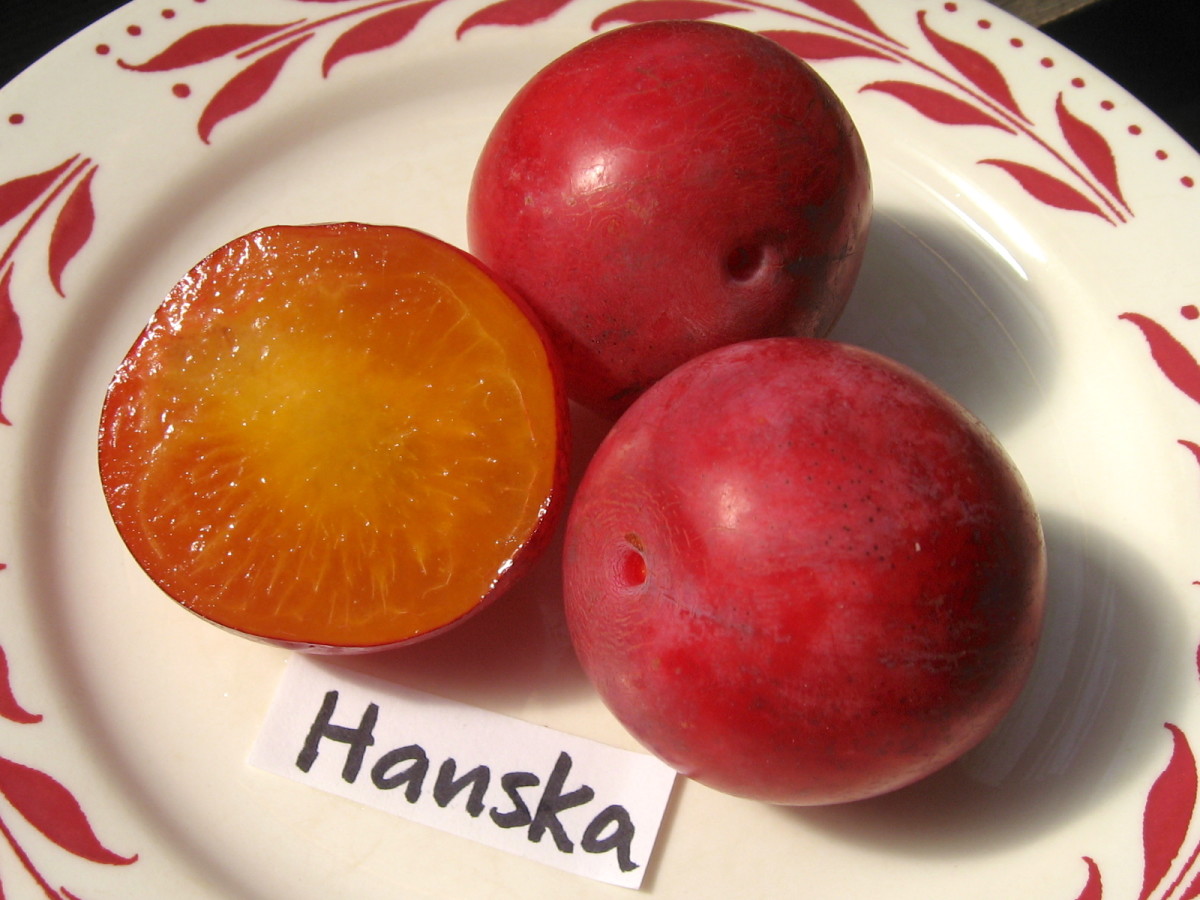Although Shiro’s parentage is unclear—it may be a pure Japanese type—it’s hardy in much of Maine, especially along the coast and Portland south. The 1½" round-conic thin-skinned fruit is light yellow, deepening as the season progresses and sometimes colored with a pinkish blush. The sweet chin-dribbling light-yellow translucent flesh is so juicy it might soak your shirt. Or skip the mess and jam or can them.
Broadly spreading picturesque tree will eventually span 30' or more but tops off at only 10 or 12'. Z5. Maine Grown. BACK! (3–6' bare-root trees)
Items from our perennial plants warehouse ordered on or before March 7 will ship around March 31 through late April, starting with warmer areas and finishing in colder areas. Orders placed after March 7 will ship around late April through early-to-mid May, in the order in which they were received.






